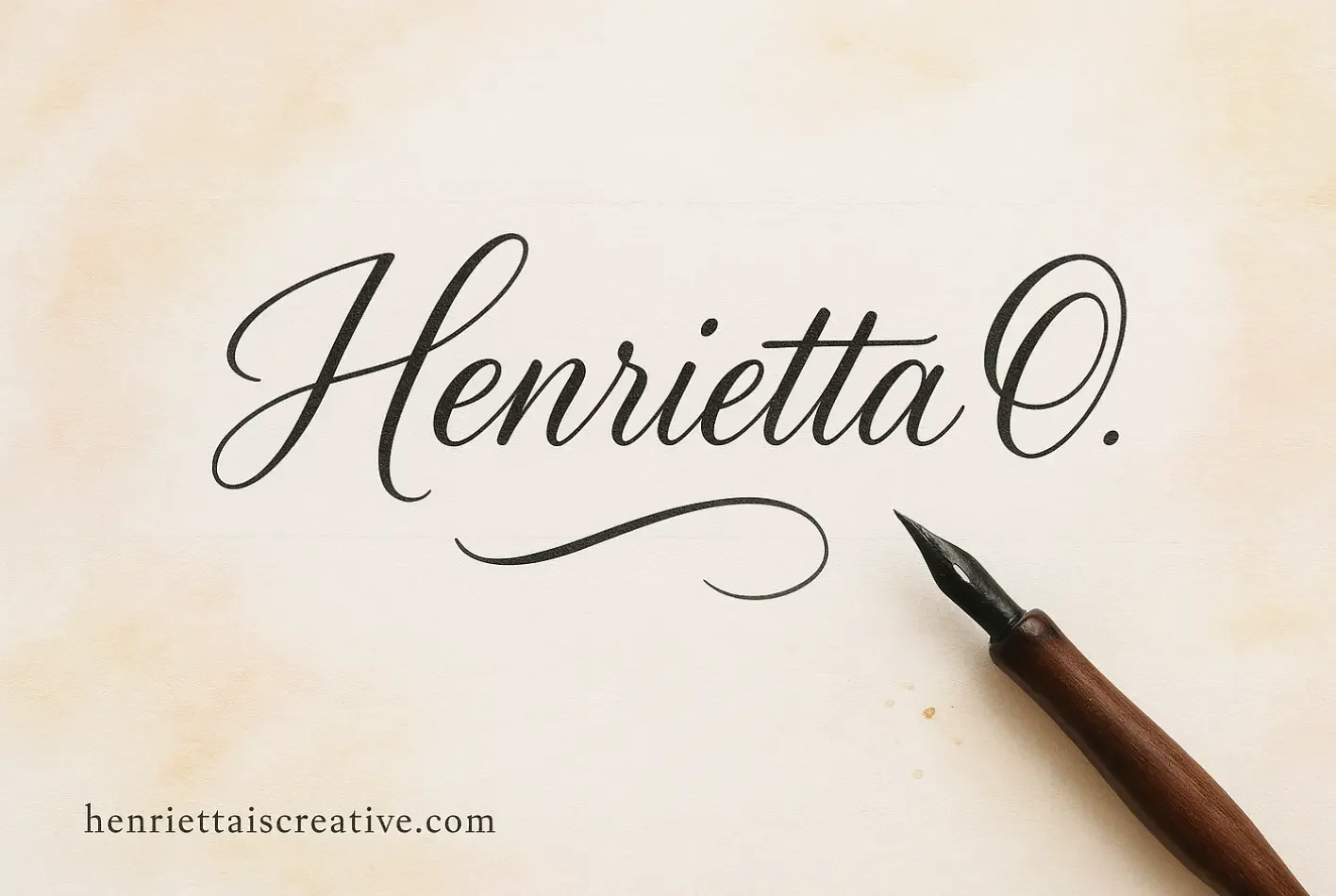
My writing process

My poems begin with a feeling or image that lingers. I write freely, letting intuition guide me, then refine the words until only the truest essence remains. For me, poetry is both release and revelation.
-
I write when something moves me—an emotion, a prompt, a thought, or a moment of clarity. I don’t force poems to come; I wait until the words feel ready. Most of my writing begins with a strong feeling or image, and from there, I follow the thread wherever it leads.
-
Many of my poems come together in 5 to 10 minutes as first drafts, especially when the emotion is clear and focused. Some pieces take much longer—weeks, even months and years—depending on the depth of what I’m exploring. I trust that each poem knows how it wants to unfold.
-
I usually revise within a week of writing. I might adjust the flow, tone, or structure—small changes that help the poem land more honestly. I also revisit older pieces from years ago, refining the language or adding new stanzas when something new wants to be said.
-
A lot of my inspiration comes from diary entries, writing prompts, and thoughts that stay with me. I’m also deeply inspired by music—especially lyrics that explore emotion, myth, and inner transformation. My favourite genres are heavy metal, symphonic metal, progressive and anything soft and melodic. These genres feel emotionally rich and dramatically honest, and they’ve played a big role in shaping how I express myself.
My early poetry was heavily influenced by gothic and symphonic metal bands like Within Temptation, Theatre of Tragedy, Lacuna Coil, Epica, and Nightwish. The lyrical, atmospheric nature of their music taught me how to write from a place of intensity and imagination. That influence is still with me today—it’s how I learned to give emotion a voice and rhythm. It’s become a part of my poetic language.
My later work comes from the whispers of my inner voice, that unwavering voice within guides every pen stroke on the page and every word choice
-
I choose titles intuitively. Some come to me long before the poem is written—often inspired by a song, a feeling, or a phrase that lingers in my mind. Summer Heat and Come Clean are good examples—both titles existed in my notes well before I ever sat down to write the actual poems. I just knew they held something I would eventually need to say.
Other titles emerge after the poem is finished, when I can feel what the piece is really about. Smile, Le Hasard, and Liminal Spaces were all named after I reread them and understood the emotion or message coming through. Some titles revealed themselves once I was ready to hear them.
Every title feels like a doorway. It has to reflect the heart of the poem and resonate with both my inner voice and the truth the poem holds.
-
I know a poem is ready when I can read it back and feel it resonate—not just emotionally, but spiritually. When it echoes my inner voice and feels aligned, I know it’s complete. If it stays with me after a few quiet readings, and nothing feels out of place, then I trust it’s time to let it go into the world.

Here is a more detailed breakdown of my writing process in this video.
As mentioned in the video, The Green Book was my first poetry book/ journal, and it has served me well. I will miss creating with her
